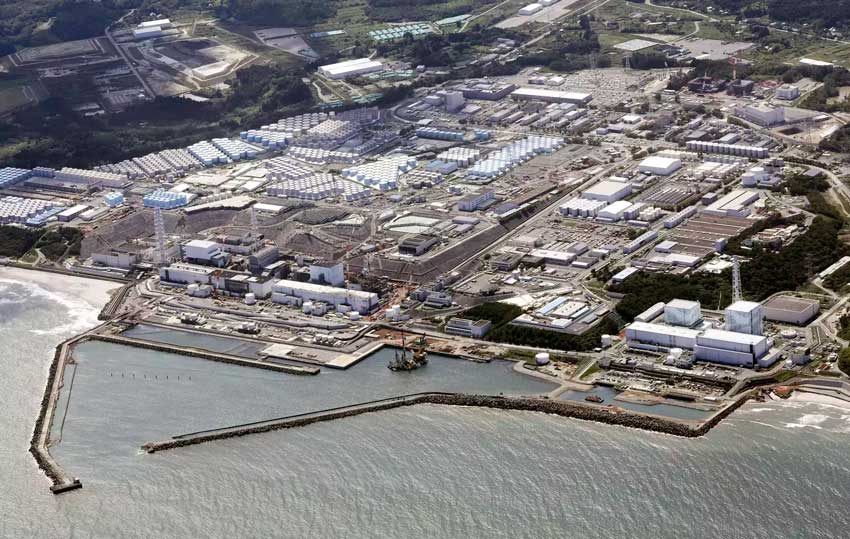Foreign Ministry spokesman Wang Wenbin described the talks as constructive, with the Japanese side explaining the security of their plan based on scientific evidence.
On February 28th, Japan began the fourth stage of the discharge of some 7,800 tons of radioactive water into the sea.
So far, China has expressed its strong concern about this issue and, in fact, canceled the import of all aquatic products from Japan.
Beijing repeatedly insisted on the need for an international agreement to independently monitor the Japanese plan.
Another spokesperson for the Foreign Ministry, Mao Ning, recently assured that releasing this water into the ocean “affects the health of all humanity, the global marine environment and the international public interest.”
“The precautionary measures taken by China and some other countries in response to Japan’s action are aimed at protecting food security” and are “entirely legitimate, reasonable and necessary,” she added.
Beijing believes that an independent international monitoring agreement must involve neighboring countries and other stakeholders to avoid irrevocable consequences arising from the discharge of radioactive water.
jrr/llp/zjf/idm










